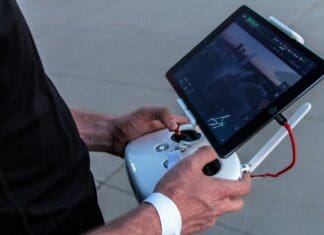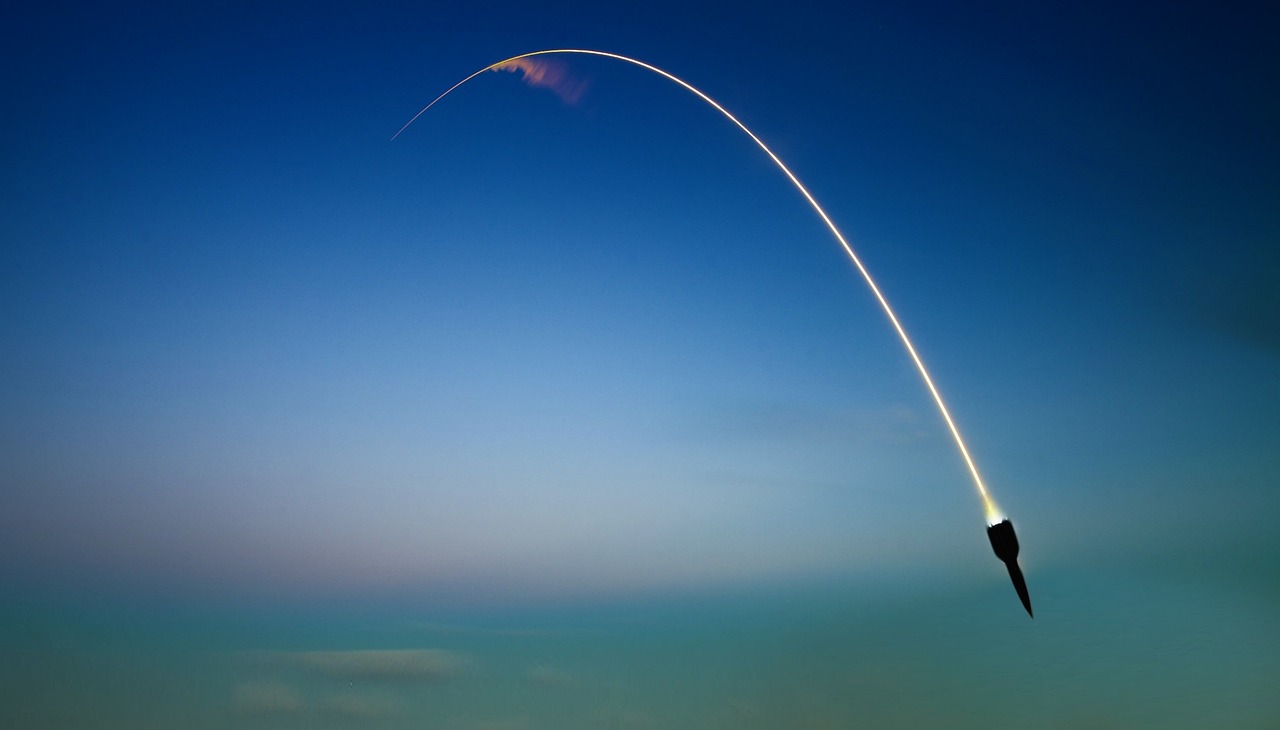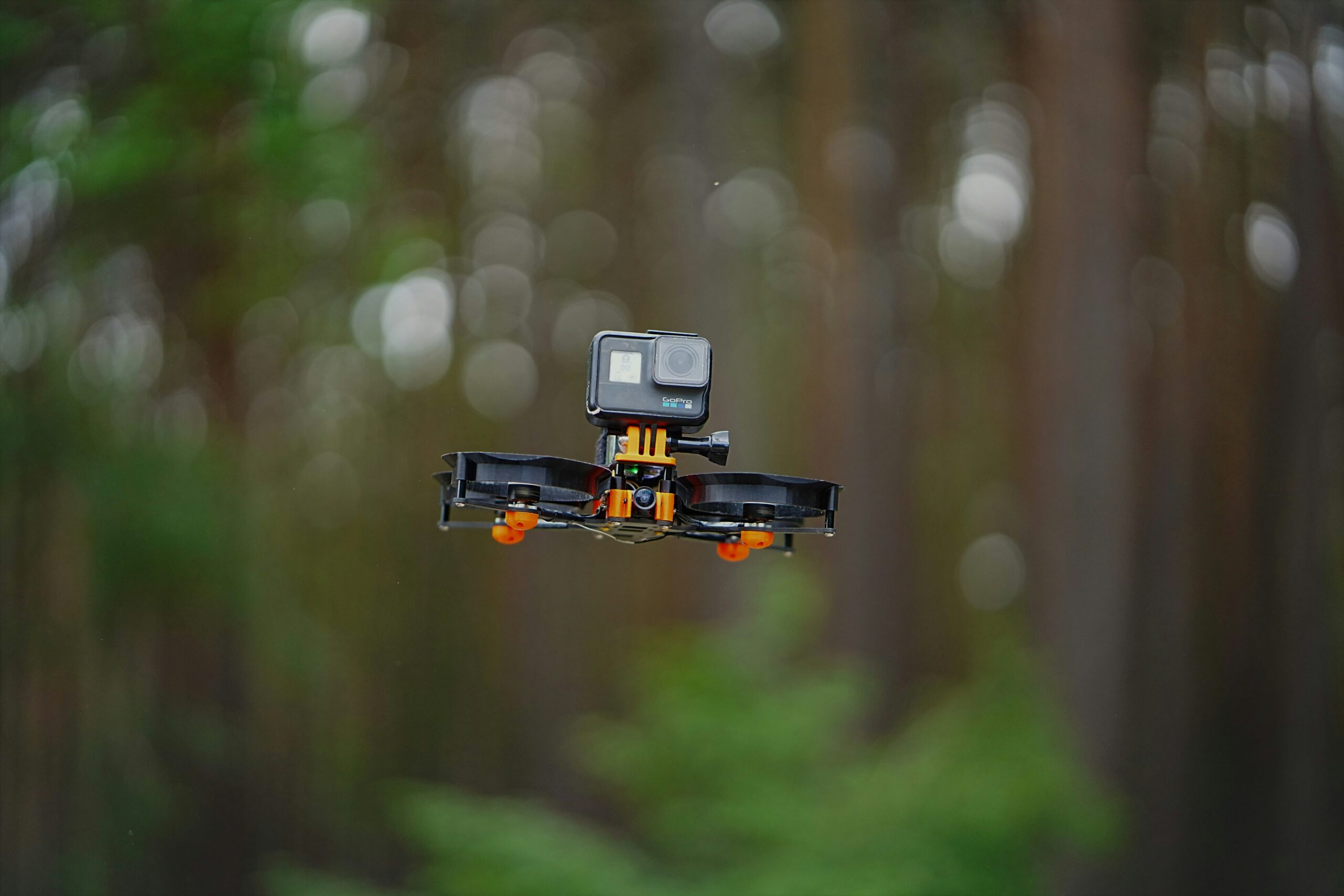This post is also available in:
 עברית (Hebrew)
עברית (Hebrew)
Big tech companies have become increasingly involved in the Ukraine-Russia conflict, both as tools of propaganda and as facilitators of communication and collaboration.
“We are witnessing a cyberwar play out in a way that will influence military doctrine around the world for a long time to come,” said Eric Noonan, CEO of CyberSheath security firm.
“It’s unprecedented in the history of the world and akin to the appearance of tanks or airpower on the battlefield,” said Noonan to cybernews.com.
With millions of people in Ukraine and Russia, as well as around the world, using social media platforms like Twitter, Facebook, and Instagram, the conflict has been documented and analyzed in real-time, with both sides using social media to push their agendas and influence public opinion.
Both Russia and Ukraine have been using social media platforms to spread false information, influence public opinion and policymakers, and even impacting military operations themselves, although Russia is the clear aggressor on this front.
The Russian propaganda machine, which has been targeting Ukraine since 2014, is a constant barrage of fake news stories and accounts, conspiracy theories, doctored images, and manipulated videos that have become more effective through social media.
For example, in 2014, Russian state media used social media platforms to push the false narrative that the Ukrainian military was responsible for downing Malaysian Airlines Flight MH17.
Moreover, in preparation for the 2022 invasion, Russian state media started pushing the false theory that the US had a secret bioweapons lab located in Ukraine responsible for harboring the COVID-19 virus.


























